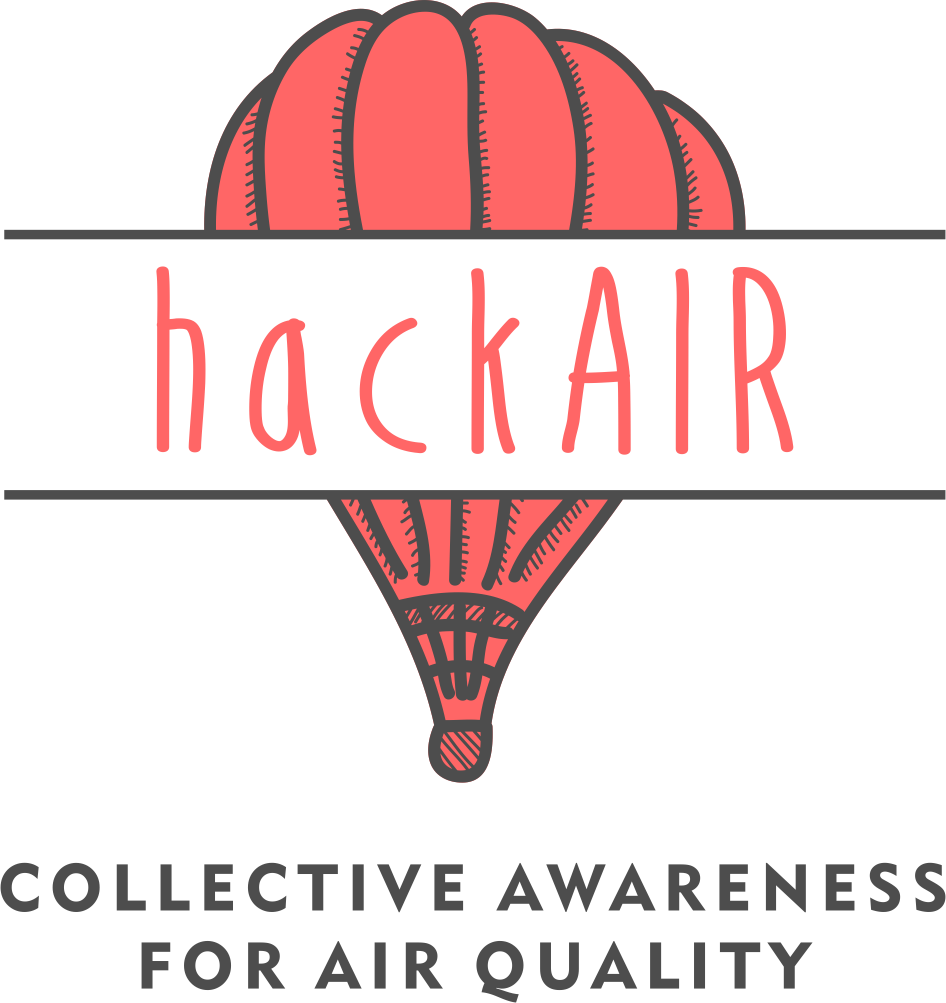Is the EU doing enough to combat air pollution? A recent report by the European Court of Auditors concludes with a clear “No”. EU action to protect human health from air pollution has neither delivered the expected impact nor have the significant costs of air pollution been reflected in adequate action.
“Air pollution is the biggest environmental risk to health in the European Union,” said Janusz Wojciechowski, the member of the European Court of Auditors responsible for the report. “In recent decades, EU policies have contributed to emission reductions, but air quality has not improved at the same rate and there are still considerable impacts on public health.”
The report examined the design and implementation of the 2008 Ambient Air Quality Directive which set air quality standards for the concentrations of pollutants in the air we breathe. The auditors find that air quality limits in the EU are much weaker than the WHO guidelines and recent scientific evidence for most pollutants. For the most harmful air pollutant (PM2.5), the EU only specifies an annual average limit value. This means that high and harmful PM2.5 emissions from household heating during the winter are offset by lower summer levels.
Despite these high limit values, the auditors also find that most EU member states (excluding Estonia, Ireland, Cyprus, Latvia, Lithuania and Malta) still had illegal levels of air pollution. In addition, local air quality monitoring stations are not necessarily located near important sources of air pollution such as major industries or main urban traffic routes. That might make it easier to comply with the Directive, states the report.
Whenever the limit value are exceeded, member states need to produce Air Quality Plans to deal with the problem; however, the auditors found that these lengthy documents are often insufficiently targeted at the main pollution sources, had unclear cost implications and shied away from difficult political decisions.
To improve EU air quality, the auditors recommend that:
- the European Commission should take more effective action;
- the Ambient Air Quality Directive should be updated;
- air quality policy should be prioritised and mainstreamed into other EU policies;
- public awareness and information should be improved.
Every year, air pollution causes about 400,000 premature deaths in the EU and hundreds of billions of euros in health-related external costs. However, these significant human and economic costs have not yet been reflected in adequate action across the Union, warn the auditors. They add that particulate matter, nitrogen dioxide and ground level ozone are the air pollutants responsible for most of the early deaths and that people in urban areas are particularly exposed.
Interested in reading more? You can find the report “Air pollution: Our health still insufficiently protected” here.
—
[1] The task of European Court of Auditors is to check whether EU funds are correctly raised, spent, achieve value for money and are accounted for. As an independent EU agency, it does not have the power to change laws, but it can issue recommendations in its reports.



